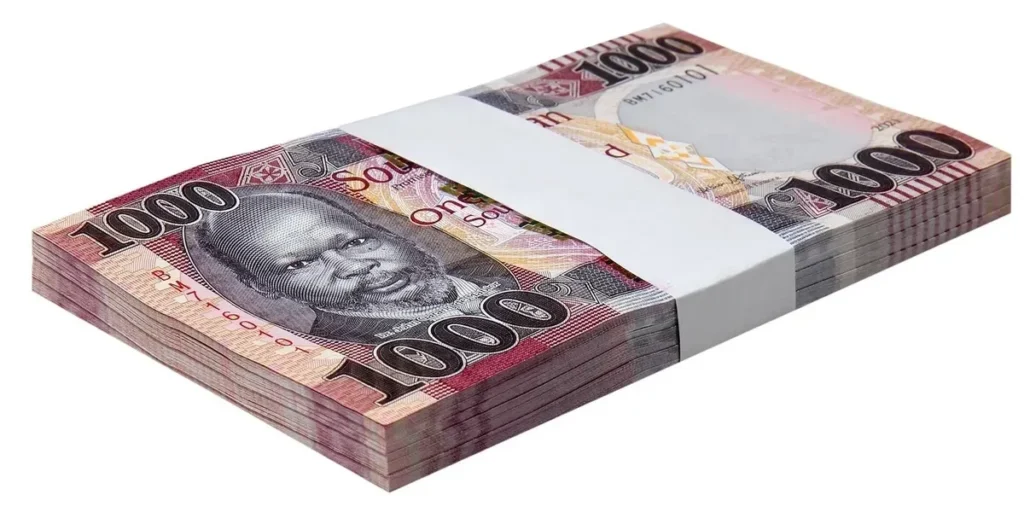The South Sudan Pound has made a rare rebound against major currencies, wiping out months’ losses in the past few days; a trend experts say was unlikely to hold for long.
As of Thursday, the exchange rate stood at 2,995 South Sudanese Pounds per US dollar, while the parallel market rate was at 3,000 pounds per dollar.
South Sudan operates a floating exchange regime, meaning the value of the pound is, in principle, determined by the market. The demand and supply are affected by the flow of money across national borders.
Abraham Malliet, an economist and advisor in the Office of the Vice-President for Economic Cluster, told Radio Tamazuj that the appreciation of the local currency against the US dollar did not mean the country’s economic situation had improved or recovered.
He pointed out that the gain was not supported by any economic formula or a clear principle, adding that it was determined by the demand and supply.
“The government has supplied forex bureaus and banks with a huge amount of dollars, but if you ask for dollars, they cannot give you,” he said.
“I can just describe what happened as magic or something driven by cartels and we cannot give it an economic formula. The release of the small denomination into the market is not a justification for the appreciation of the currency,” he added.
Malliet said the local currency gaining value would not hold for long.
“There must be something behind the new development. I can assure you that in the coming two weeks, the local currency will drop again,” he said.
An economist and associate professor of Public Administration and Administrative Sciences at the John Garang Memorial University of Science and Technology in Bor, Dr Akim Ajieth Buny, cautioned the public against the recent appreciation of the South Sudanese Pound (SSP), describing it as orchestrated by the black market dealers rather than a genuine economic improvement.
Dr Buny argued that the gain was caused by recent decisions by the Central Bank of South Sudan (BoSS) to withdraw 1,000 and 500 pound notes from circulation. This action has created a short-term distortion in the exchange rate.
“Traders may have agreed to lower the dollar’s price in order to purchase more,” Dr Buny explained.
“Once they have accumulated a substantial amount, they are likely to drive the price back up, potentially reaching 700,000 to 800,000 SSP per 100 dollars.”
BoSS recently announced a policy intervention aimed at addressing the economic challenges by replacing large denominations with smaller 100-pound notes. However, Dr Buny criticized the approach, stating it would have little impact on the underlying economic issues.
“In actual sense, it doesn’t really add anything to the economy. It’s not going to affect commodity prices or change the currency system,” Dr Buny remarked.
“If it were a change of currency, it might have had some effect, but this approach will not make any important difference.”
Dr Buny speculates that the officials at the Central Bank may be trying to encourage digital transactions to mitigate the problem of bulky currency notes.
He emphasized the need for increased productivity, particularly in the agricultural sector, establishing factories, as well as investing in real estate to reduce reliance on foreign currency and to stabilize the economy.
“You cannot maintain an economy without production,” he said.
“We must be able to produce our own goods locally. This will flood the market with local products and reduce the demand for foreign currency. Currently, 99 percent of the goods we consume come from outside the country.”




